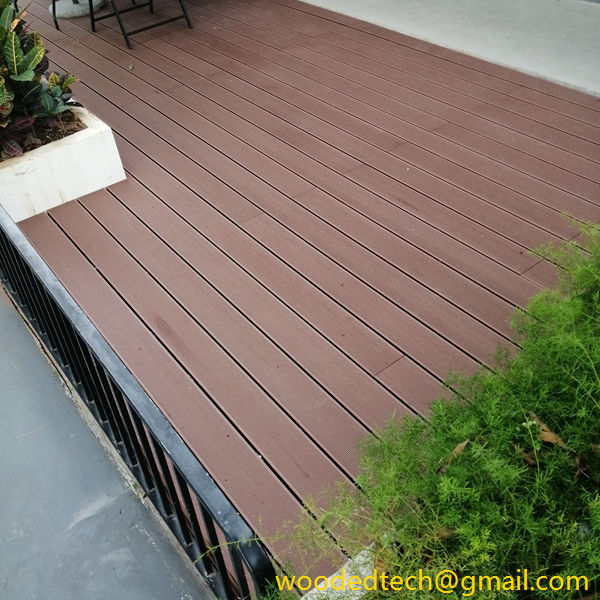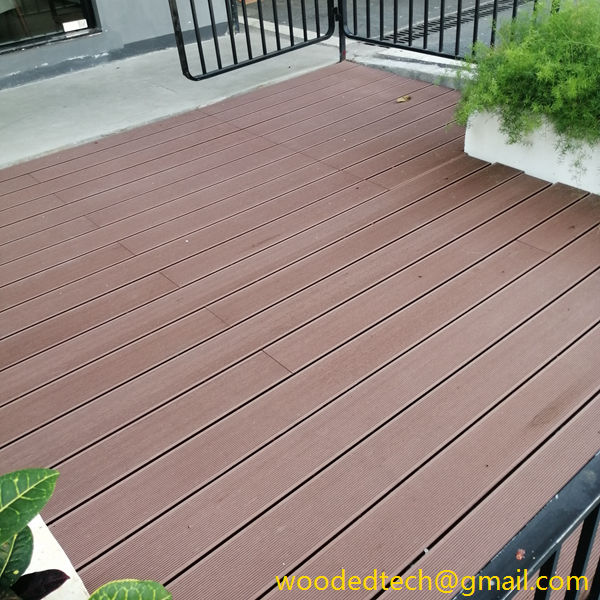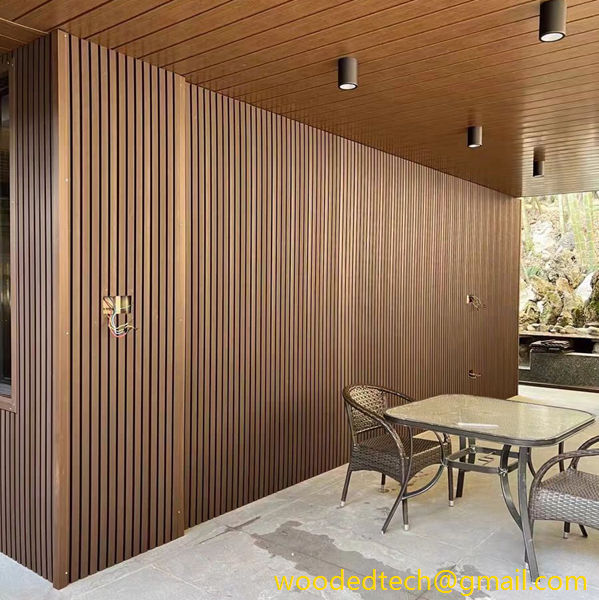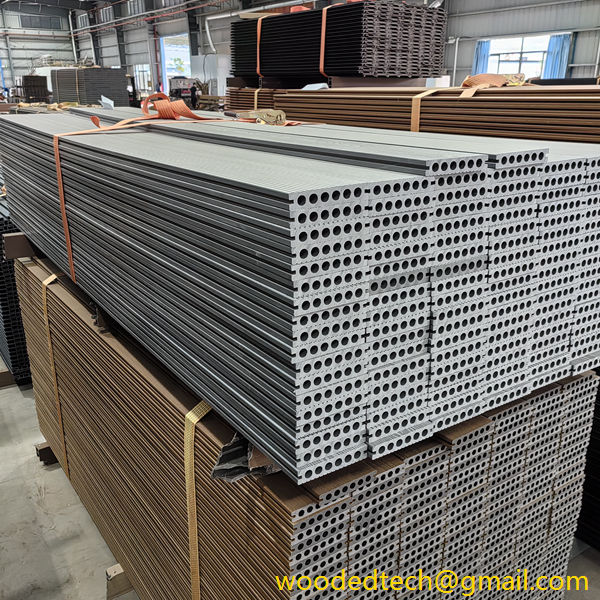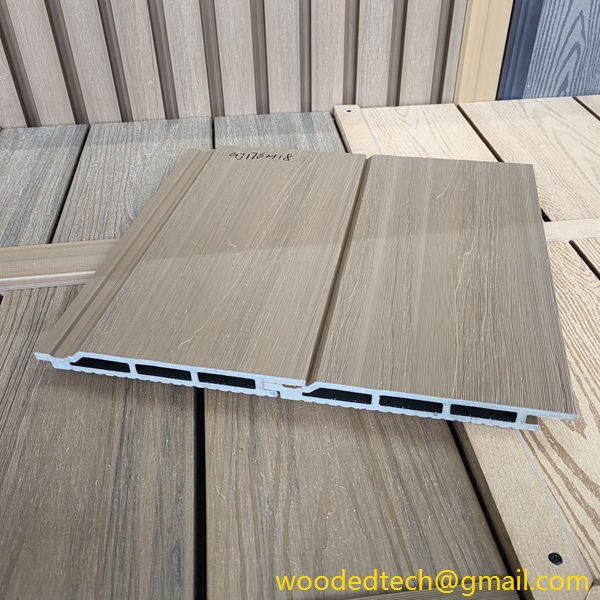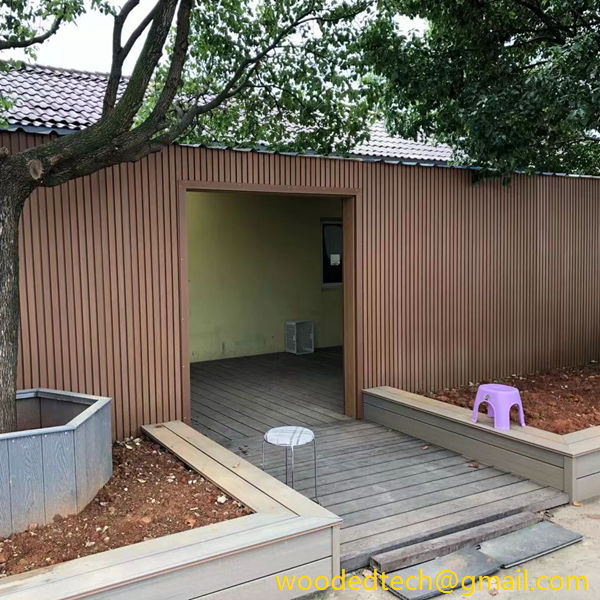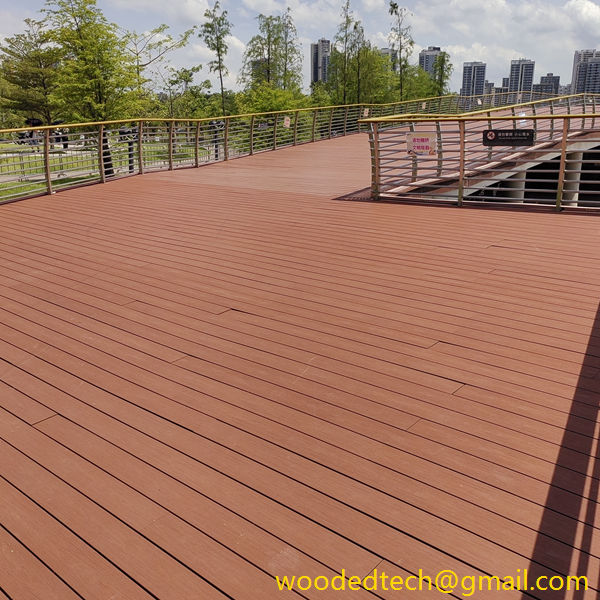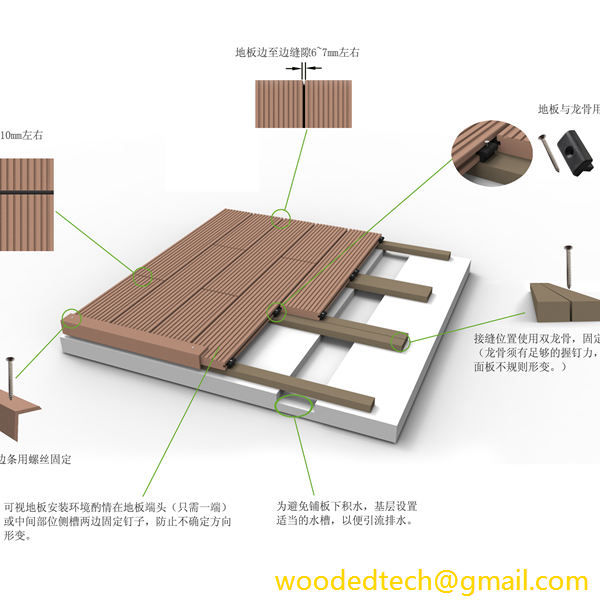How Much Does a Composite Deck Cost: Factors Affecting the Cost of a Composite Deck
How Much Does a Composite Deck Cost: Factors Affecting the Cost of a Composite Deck When considering the installation of a composite deck, many homeowners are confronted with the question of cost. Understanding how much a composite deck costs involves analyzing various factors that affect the overall price. The market for composite decking has been…
How Much Does a Composite Deck Cost: Factors Affecting the Cost of a Composite Deck
When considering the installation of a composite deck, many homeowners are confronted with the question of cost. Understanding how much a composite deck costs involves analyzing various factors that affect the overall price. The market for composite decking has been booming due to its numerous benefits, such as durability, low maintenance, and aesthetic appeal. However, the final cost can vary significantly based on several key considerations.
First and foremost, the size of the deck plays a crucial role in determining the overall cost. The larger the deck, the more materials will be needed, which directly increases expenses. Homeowners should measure the area where they plan to install the deck and consider any unique shapes or features that may require additional materials. It’s important to have a clear understanding of the size to get accurate quotes from suppliers and contractors.
The type of composite material selected is another significant factor influencing the cost. Composite decking is available in a variety of materials, including PVC and wood-plastic composites. Each type has its own price point, benefits, and drawbacks. For example, PVC decking is typically more expensive than wood-plastic composites, but it offers superior durability and resistance to moisture, making it a popular choice for areas with high humidity. Homeowners should research the different materials available and choose one that aligns with their budget and performance expectations.
In addition to the material, the brand of composite decking can also impact the overall cost. Some brands are well-known for their high quality and innovative designs, while others may offer more affordable options. While it can be tempting to choose the cheapest option available, it is essential to consider the long-term value of the product. Investing in a reputable brand may save money in the long run through reduced maintenance costs and a longer lifespan.
Another factor to consider is the complexity of the deck design. A simple rectangular deck will generally cost less than a more intricate design that includes curves, multiple levels, or built-in features such as benches or planters. Homeowners should carefully consider their design preferences and how they align with their budget. Working with a professional designer or contractor can provide insights into how design choices impact costs.
Labor costs are also a significant consideration when budgeting for a composite deck. Depending on the complexity of the project and the region where the homeowner resides, labor costs can vary widely. Hiring a professional contractor may ensure a high-quality installation, but it will also add to the overall expense. Homeowners who are handy and willing to undertake the project themselves may save on labor costs, but they should be realistic about their skills and the time required.
The location of the deck can also influence the cost. Decks constructed in areas with difficult access, such as steep slopes or tight spaces, may require additional labor and equipment, which can increase expenses. Additionally, local building codes and regulations may dictate certain requirements that could affect the overall cost. Homeowners should check with their local authorities to ensure compliance and factor any necessary permits into their budget.
Seasonality can also impact the cost of a composite deck. The demand for deck installation tends to peak during the warmer months, which can lead to higher prices for materials and labor. Homeowners looking to save money may want to consider scheduling their deck installation during the off-season when demand is lower, and discounts may be available.
Maintenance costs should not be overlooked when budgeting for a composite deck. One of the primary advantages of composite decking is its low maintenance requirements compared to traditional wood decking. However, there are still some costs associated with maintaining a composite deck, such as cleaning products and occasional repairs. It’s essential for homeowners to consider these ongoing expenses as part of the overall cost of ownership.
Finally, additional features can significantly affect the cost of a composite deck. Homeowners may wish to include railings, lighting, or built-in furniture, all of which can add to the total price. While these features can enhance the functionality and aesthetics of the deck, they should be carefully considered in relation to the overall budget.
In conclusion, understanding how much a composite deck costs involves considering various factors, including size, material type, brand, design complexity, labor costs, location, seasonality, maintenance, and additional features. With the growing popularity of composite decking, homeowners have a wide range of choices to suit their needs and budgets. By carefully evaluating these factors and conducting thorough research, homeowners can make informed decisions that will lead to a beautiful and functional outdoor space that enhances their property value and enjoyment for years to come.

